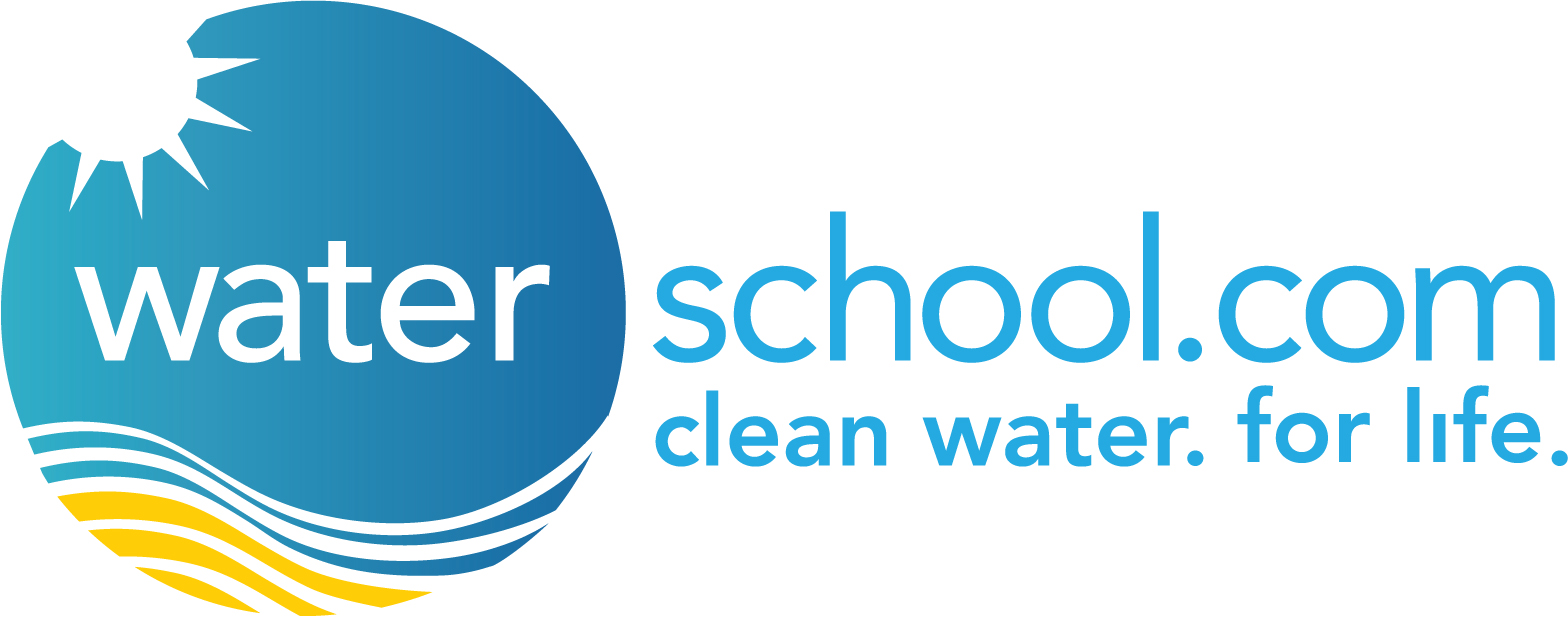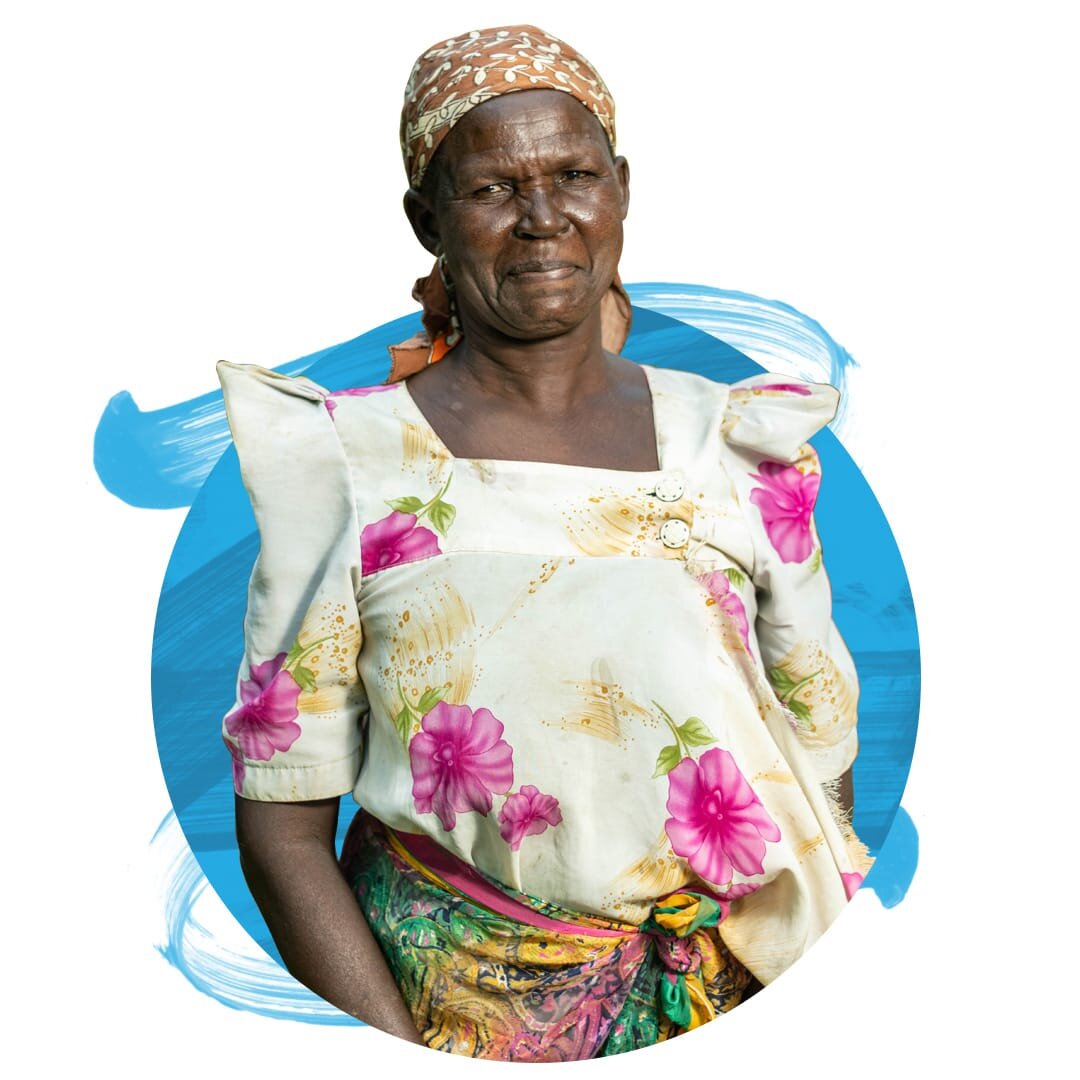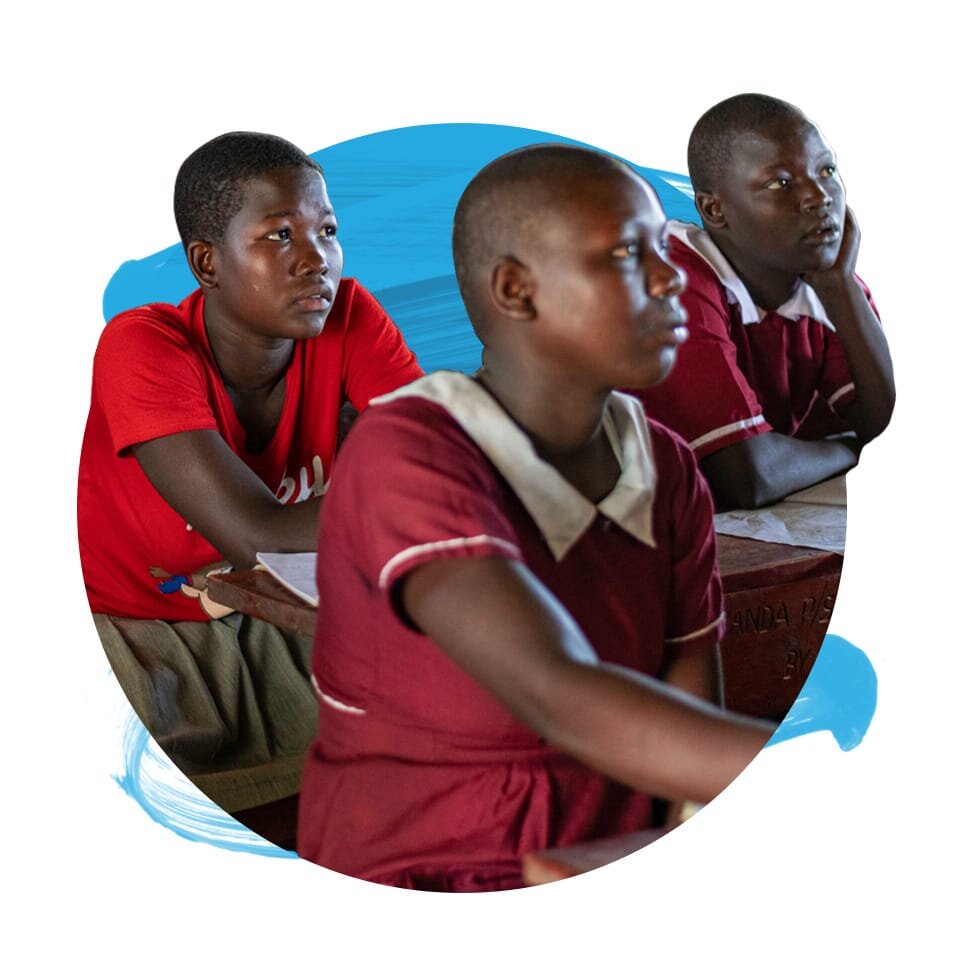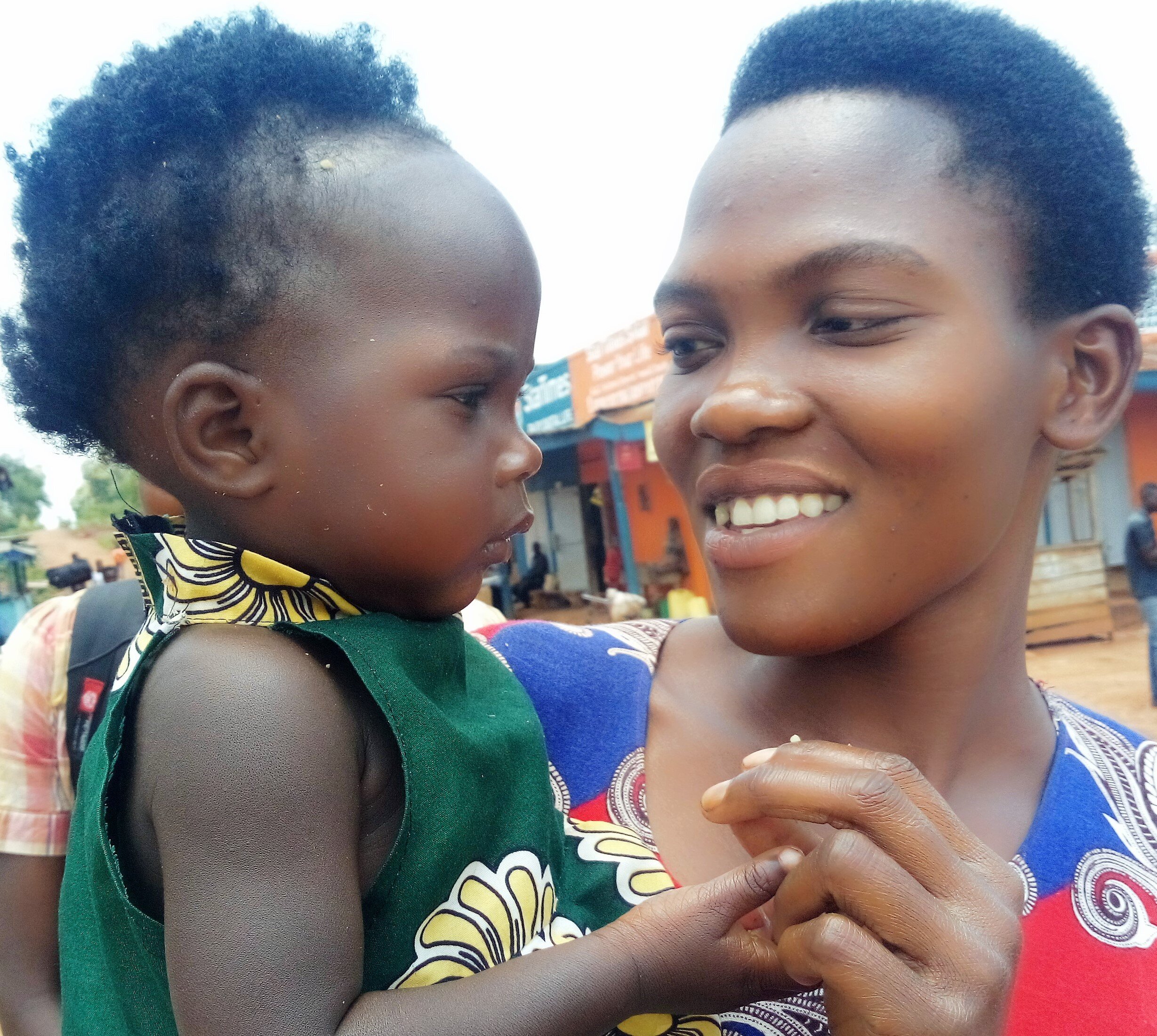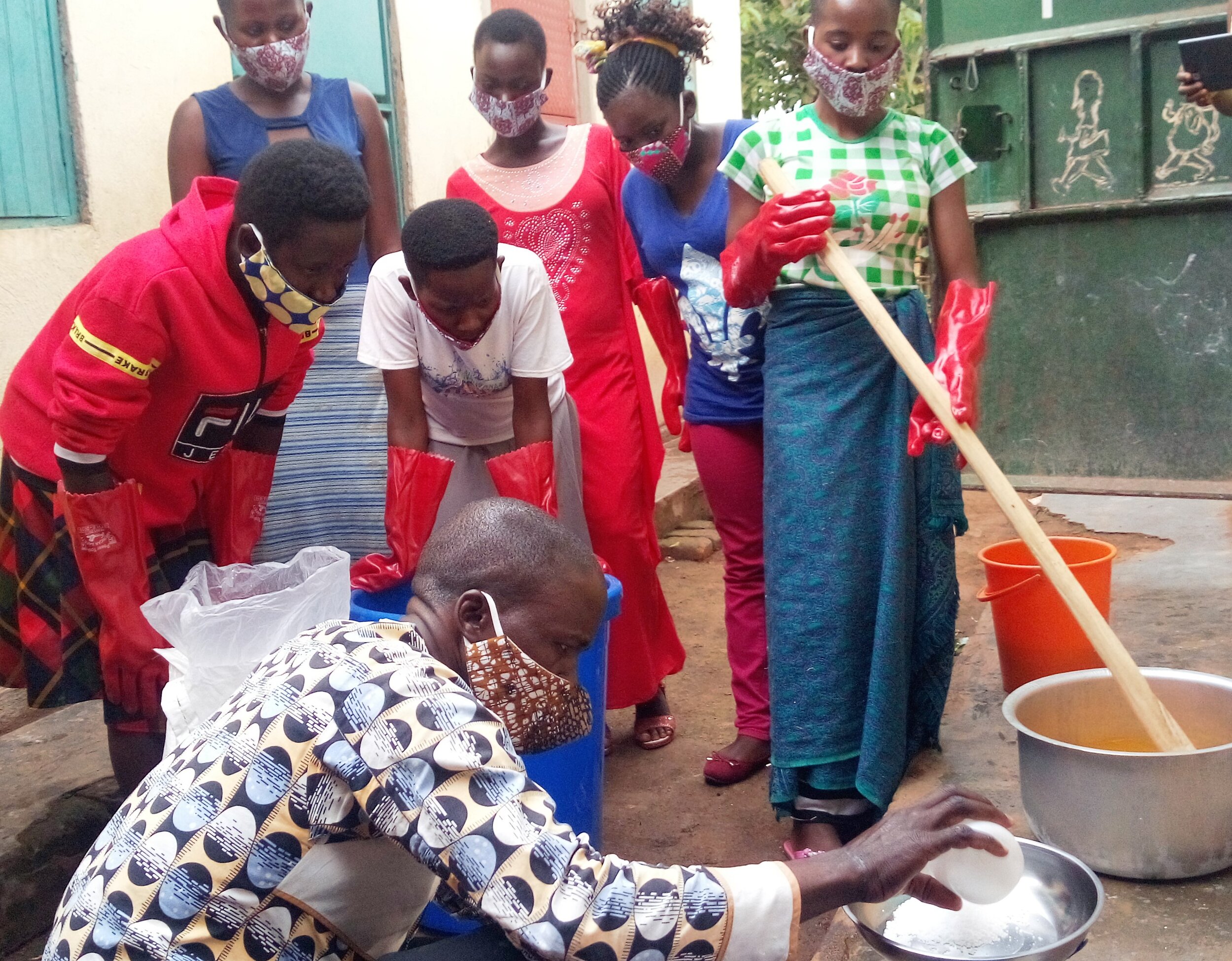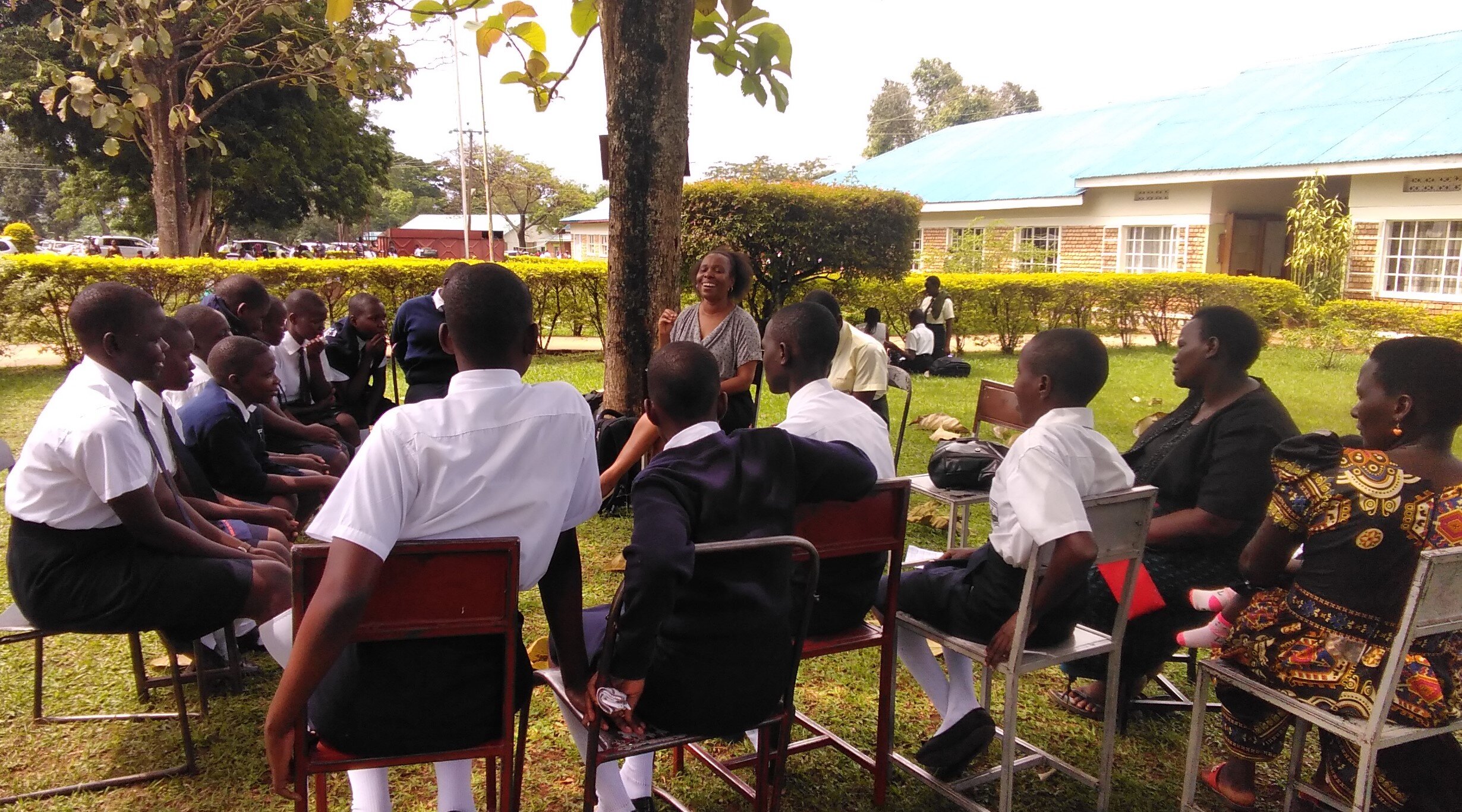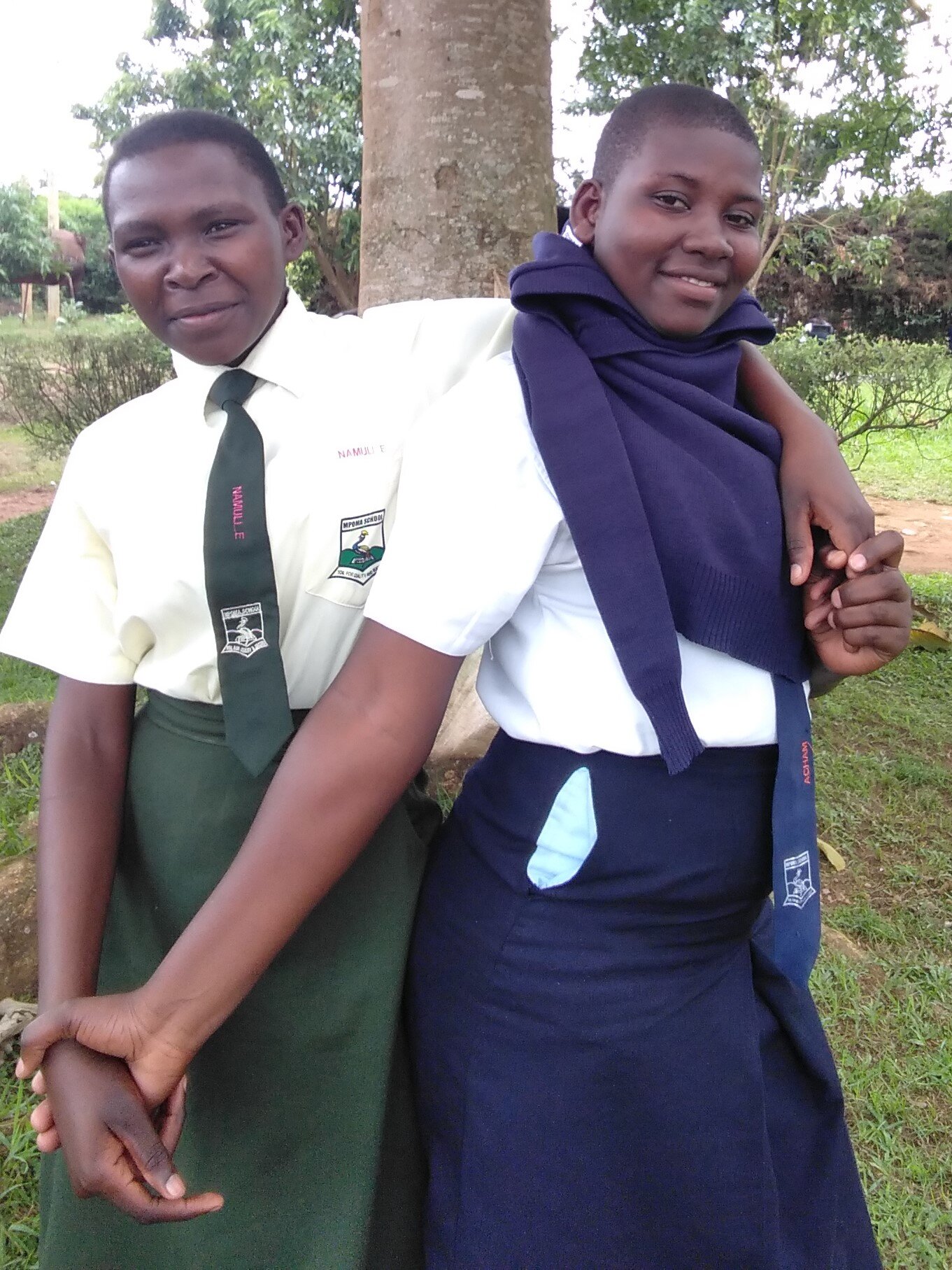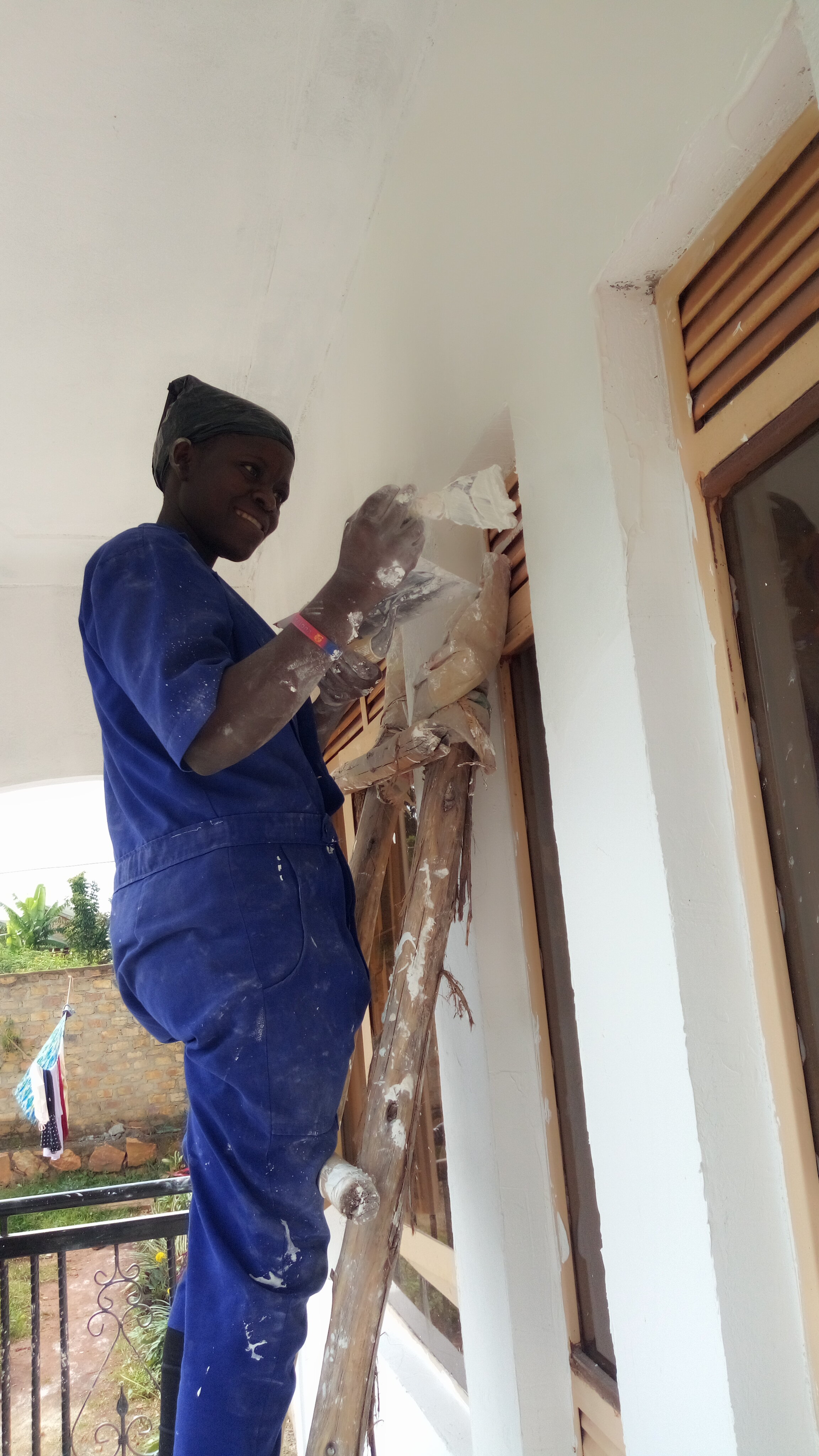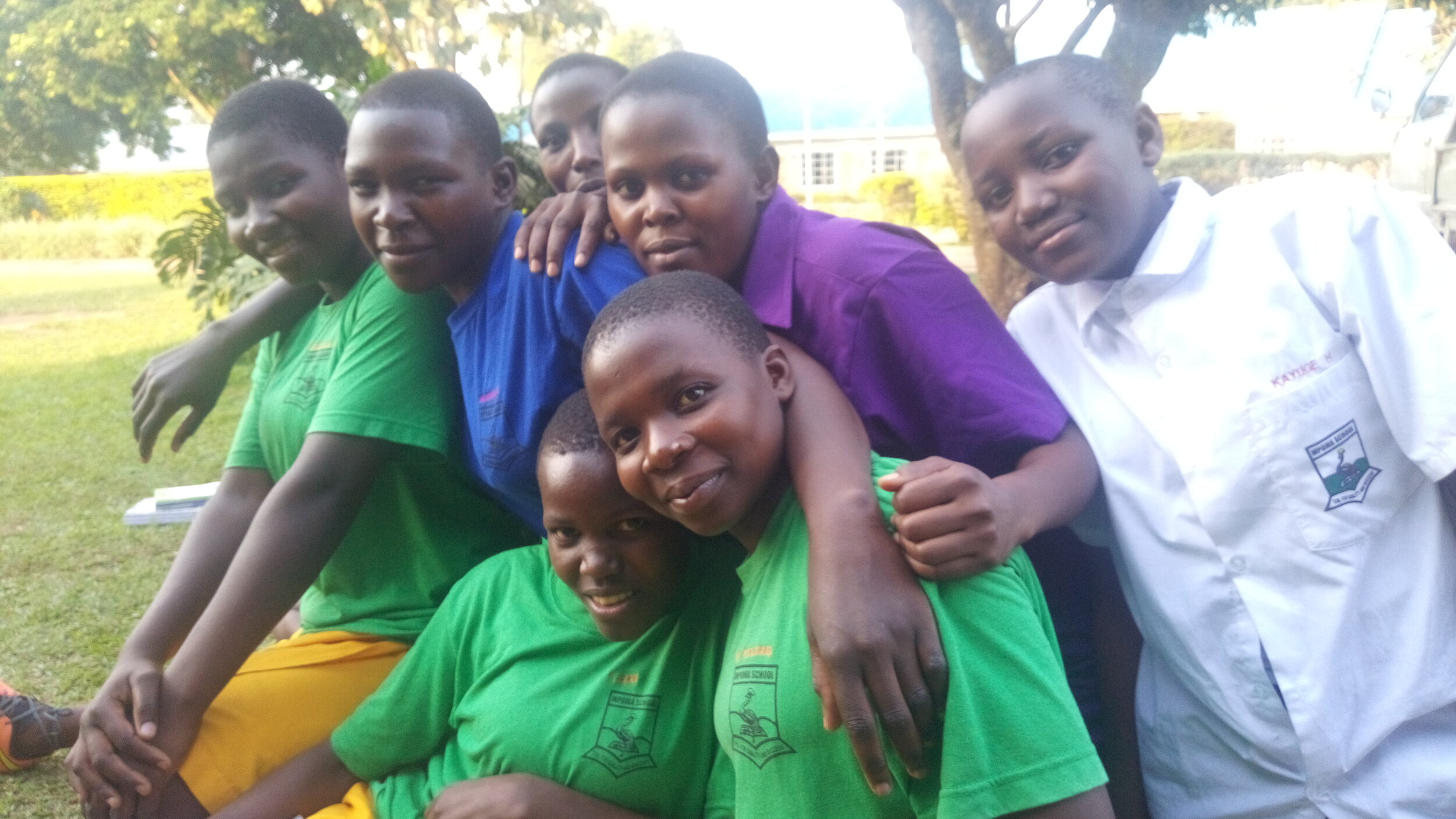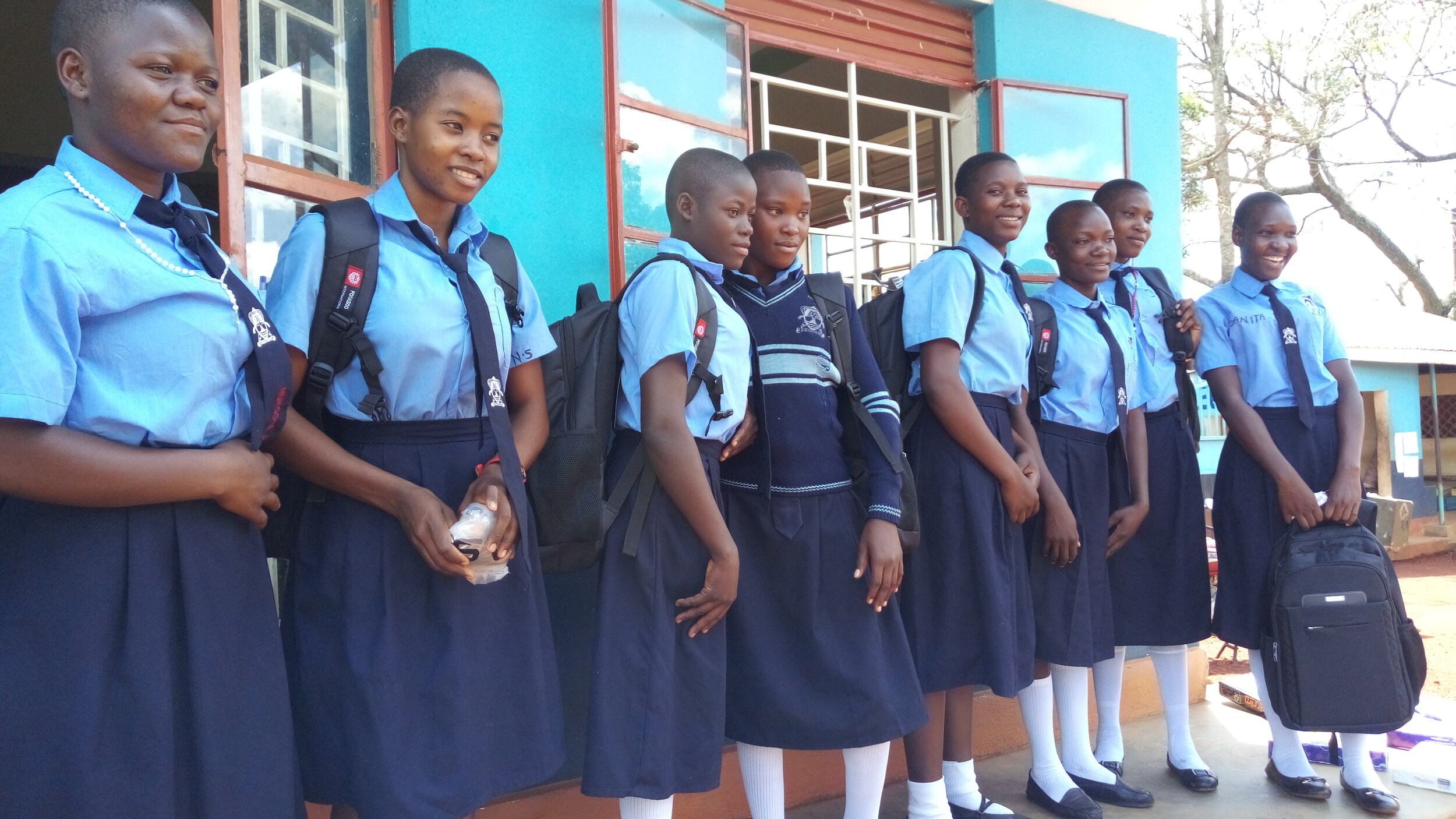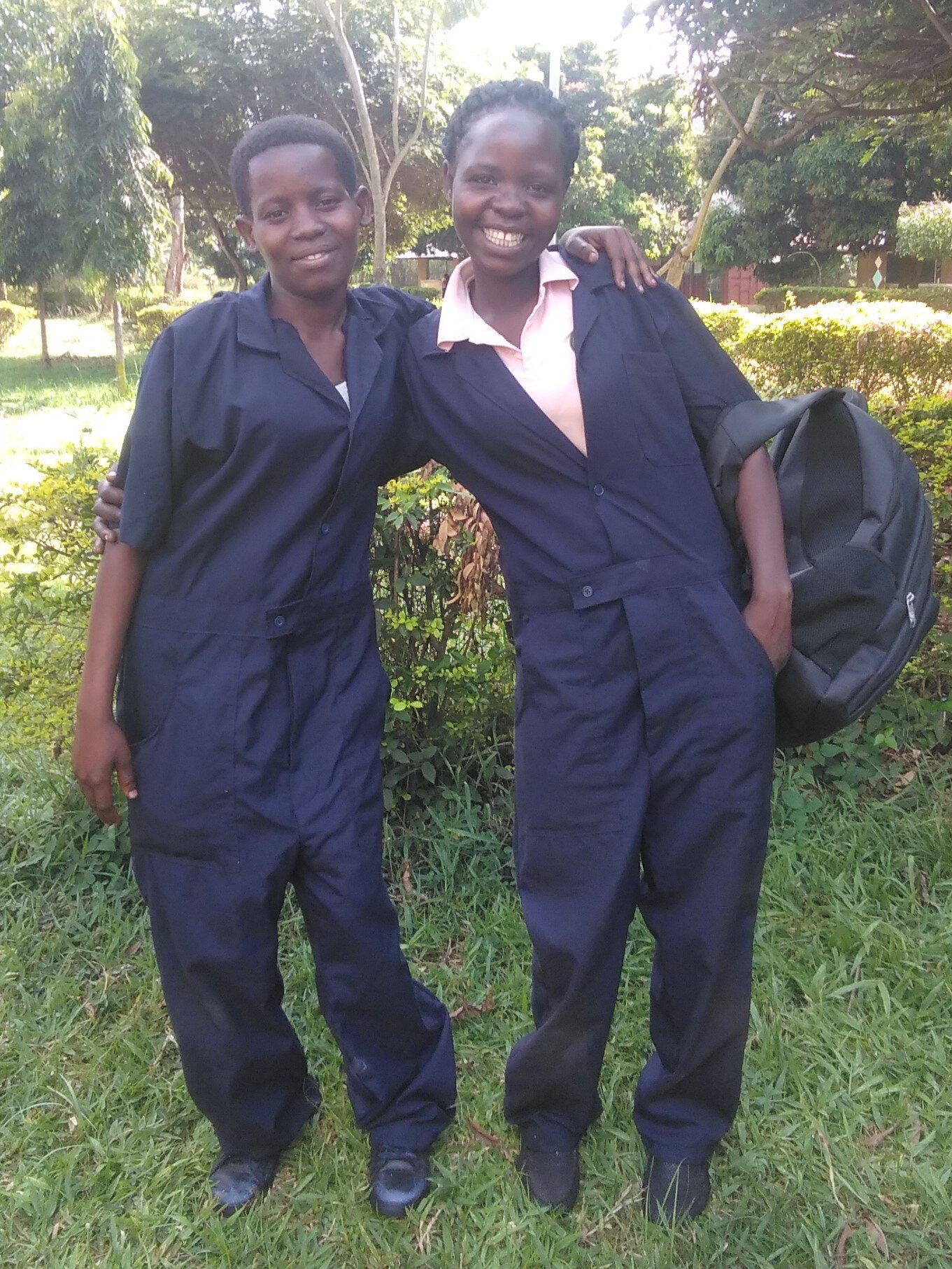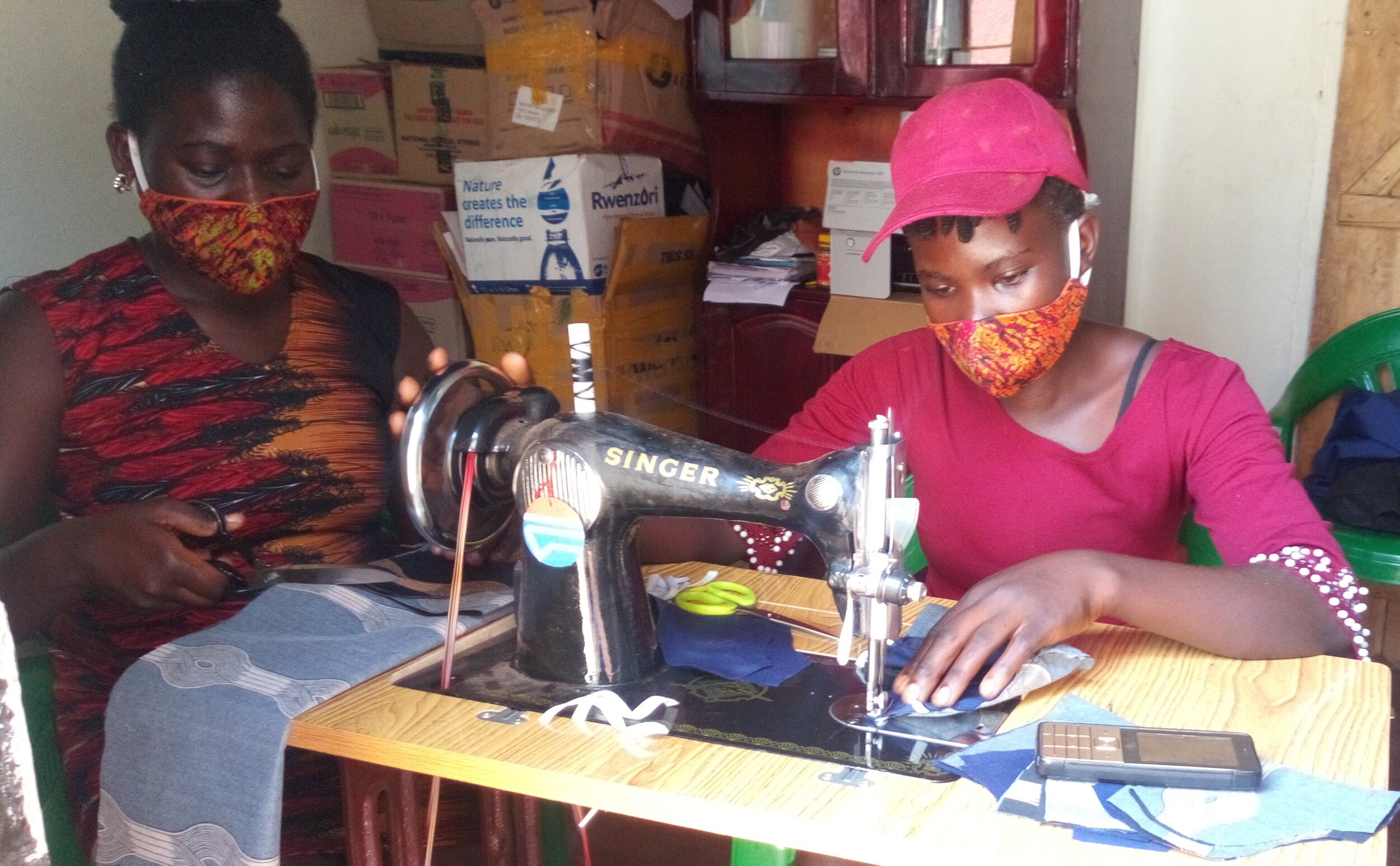Overall health and well-being are rooted in access to basics—including the opportunity for economic development.
Years ago, WaterSchool began training communities to develop their own Village Savings & Loan Associations (VSLAs). The idea is simple—in a community, about 20 households will come together to create a VSLA. Each member-household buys into the association with a monthly investment of UGX 20,000 (approximately $7 CDN). They then meet regularly to manage their investment by approving loans, collecting repayments and interest, and then allocate the surplus to members or direct it to community projects.
While we know that VSLAs are great at providing the social bonds and capital to maintain WASH facilities, we also see that they provide access to capital for members to elevate their own personal economic activities. Access to clean water, hygiene facilities and good sanitation practices are tied to having the financial resources to afford things like soap, SaTo pans, and more. Investments in people's businesses, in turn, means more money in their pockets to reinvest in their own families' health and well-being.
In 2020, we supported the formation of 88 new Village Savings & Loan Associations.
